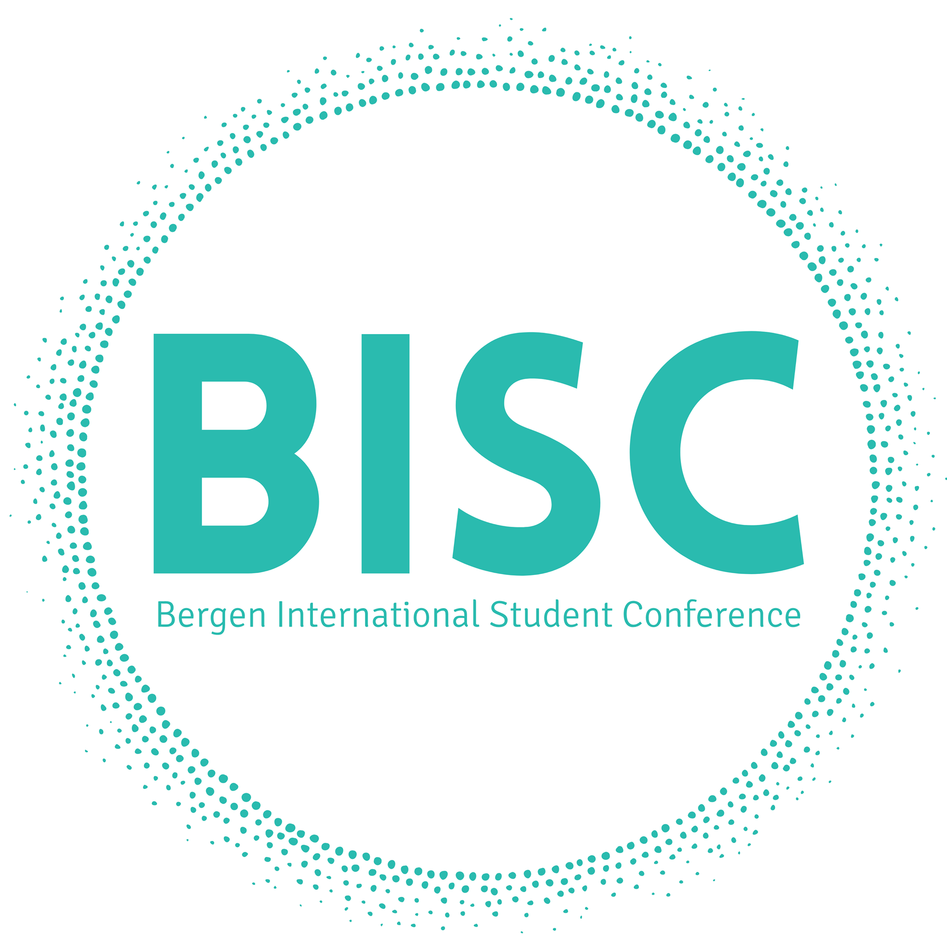BISC 2019: Environmental challenges bring volunteers together

Hovedinnhold
Environmental challenges bring volunteers together
Organising an innovative academic event is not an easy task. But if all goes according to plan, the second edition of the Bergen International Student Conference (BISC 2019) will be a one-of-a-kind gathering. It is a prominent example of a successful academic encounter organised by students and for students. This year, the event will be held on the 28 and 29 of March. This year’s theme is Towards sustainable futures: facing global challenges today.
“The motivation to bring about a second edition of BISC is clearly influenced by the success of last year’s conference”, says Ragnhild Ødegaard, a master’s student in human geography at UiB and one of the conference coordinators.
Back in 2018, over 100 students attended the event coming from all over the world. This year, the organisers expect to increase the number of participants to 130.
“People said that a forum like BISC was something they felt was missing in their universities”, adds Ragnhild. “We felt we gave students a voice and hence made a small step towards a change of the traditional academic hierarchy.”
What makes this conference special is perhaps its attempt of breaking barriers in the fields of environment, society and sustainability.
“We want to create a forum for exchanging knowledge and viewpoints on the biggest challenges of our time”, says Synnøve Beitnes, also a master’s student in human geography and conference coordinator. “These are challenges that cross not only borders, but also academic disciplines”, she says.
As deadlines loom, Synnøve and Ragnhild are busy leading a team of 25 volunteer students – whose academic backgrounds range from biology to design. There is still a lot of work to be done and the students demonstrate no shortage of creativity and enthusiasm. The academic quality of the event, the administrative practicalities as well as the communication strategies will be dealt with by three separate groups of volunteers: the academic committee, the social committee and the marketing & design committee.
Volunteers at work
Tiphanie Drancourt, from France, studies international business and now volunteers at BISC’s marketing & design committee: “I really enjoy it, as I have met new people and have put my theoretical knowledge into practice”, she says. “I take care of the communication via social media; in order to do that I need to keep in touch with the whole group and all the other committees, which makes it dynamic and fun.”
Julie Stentsøe, from Denmark, is about to finish her bachelor’s degree in geography at UiB. She likes the fact that working as a volunteer will not collide with exam preparations, since the conference happens late in March. As a member of the social committee, she believes that BISC 2019 is an excellent way to unite over important issues that might shape our future.
“At the moment our main task is arranging accommodation; I hope that the participants coming from afar will have a meaningful time and keep on with their interests, boosted by this conference”, says Julie.
Meanwhile, geography student Ingrid Fredriksen, from Norway, has embraced some tasks in the academic committee. They have received 45 abstracts sent by students from all over the world.
“Selecting the best ones has been quite an interesting experience; it has been particularly difficult because nearly all of them are of excellent quality”, she highlights.
Topics covered during BISC 2019 include urban farming, mobility, economics and inequalities:
“Combining economical, social and environmental sustainability is one of the most pressing issues of our time and it’s very inspiring to bring people from so many countries, from diverse disciplines, to join the discussion”, says Ingrid.
The academic committee expects this year’s conference to be highly solution-oriented and active student participation is key.
“The BISC conference is really unique in that it puts students at the centre; this is critically important, because we as a university are not doing enough to educate students to be active agents of change”, says professor Håvard Haarstad, director of UiB’s Centre for Climate and Energy Transformation (CET). “This conference shows how well students take on that role when they are given the opportunity.”
By Henri Kugler

